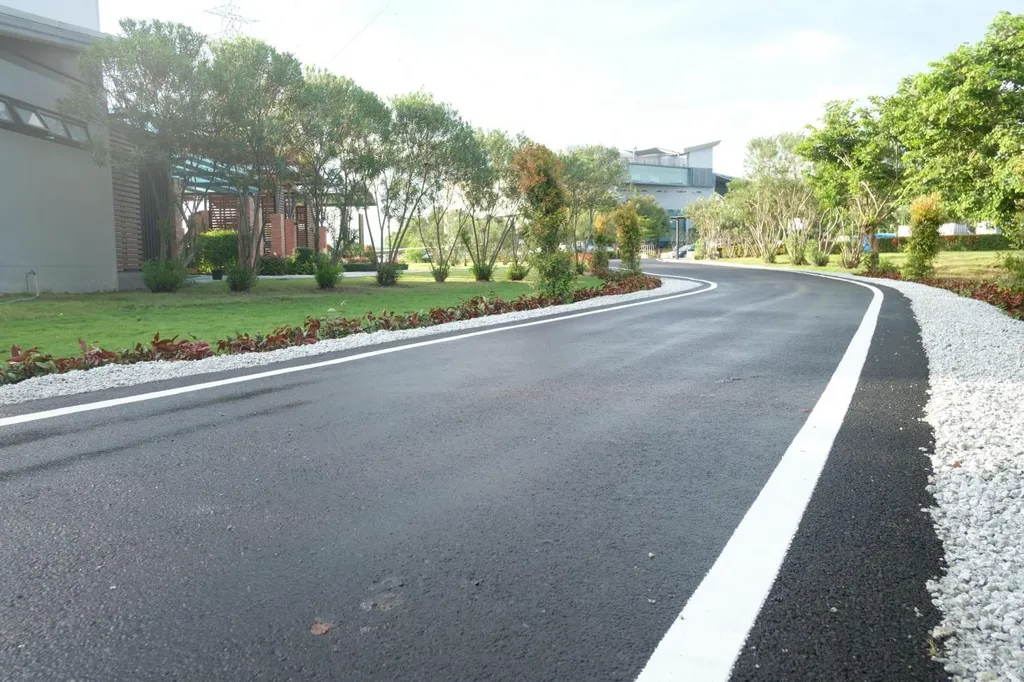In the heart of Bangkok, a team of researchers led by Salisa Chaiyaput from the Department of Civil Engineering at King Mongkut’s Institute of Technology Ladkrabang has stumbled upon a novel approach to sustainable road construction that could revolutionize the way we think about waste materials in the energy and construction sectors. Their study, published in the journal Results in Engineering, which translates to “Engineering Results,” explores the potential of using asphalt waste dust, a by-product of asphalt production, to enhance the quality of recycled pavement materials.
The team’s innovative mixture, consisting of reclaimed asphalt pavement (RAP), crushed rock (CR), cement, and asphalt waste dust (AD), has shown promising results in improving the California Bearing Ratio (CBR) and permeability of base course materials. The highest performance was achieved with a combination of 3.5% cement and 20% asphalt waste dust, dubbed RAP-CR-C-AD20. This mixture exhibited a low coefficient of permeability and a high CBR, surpassing the minimum base course requirement.
“Our findings suggest that asphalt waste dust can be effectively utilized to improve the quality of recycled pavement materials,” said Chaiyaput. “This not only reduces waste but also contributes to more sustainable road construction practices.”
The implications of this research are significant for the energy sector, particularly in the context of circular economy principles. By repurposing waste materials, industries can reduce their environmental footprint and contribute to a more sustainable future. Moreover, the improved quality of recycled pavement materials can lead to more durable and long-lasting roads, reducing maintenance costs and improving safety.
“This study highlights the potential of using waste materials in innovative ways to create more sustainable and efficient infrastructure,” said Chaiyaput. “We hope that our findings will inspire further research and practical applications in the field.”
The research team’s findings could pave the way for future developments in the field of sustainable road construction. By utilizing waste materials, industries can reduce their environmental impact and contribute to a more circular economy. Furthermore, the improved quality of recycled pavement materials can lead to more durable and long-lasting roads, reducing maintenance costs and improving safety.
As the world grapples with the challenges of climate change and resource depletion, innovative solutions like this one are more important than ever. By repurposing waste materials and improving the quality of recycled pavement materials, we can create a more sustainable and resilient infrastructure for the future.

